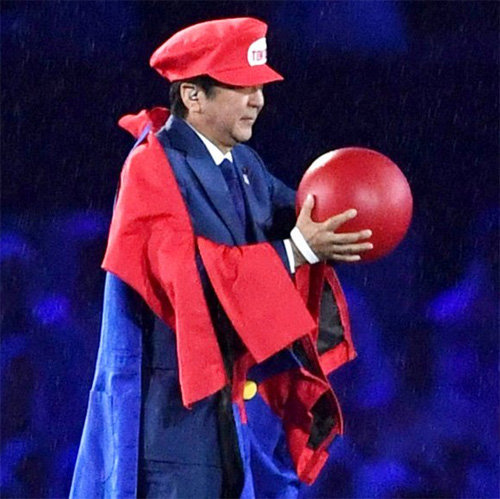Tokyo Olympic organizers prepare to host Tokyo Olympics as planned
Tokyo Olympic organizers prepare to host Tokyo Olympics as planned
Posted December. 02, 2020 07:37,
Updated December. 02, 2020 07:37


If the Games are held as scheduled, there are 233 days until the opening of the Tokyo Olympics slated for July 23 next year.
There are voices even within Japan that the Tokyo Olympics should be reduced in size or cancelled all together amid the spread of COVID-19. But the Japanese government and the International Olympic Committee (IOC) still will not budge. After meeting with Japanese Prime Minister Yoshihide Suga in Tokyo last month, IOC President Thomas Bach said that he is very confident fans will be able to attend the Games. There have been critical voices on the Japanese government for testing COVID-19 measures in preparation for the Olympics by permitting 80 percent seating at baseball stadiums. The IOC, however, was positive about the experiment.
It is not easy to cancel Olympic Games. The years of efforts and hard work of athletes could go down the drain. It is estimated that Japan would suffer a loss of up to 51 trillion won if the games were to be cancelled. Hosting the Olympics is expected to boost the economy but, in this case, could serve as a gateway to economic recession.
The Olympics often have impacts beyond sports or economic gains. Successful hosting of the games boosts national pride and promotes patriotism. Japan already enjoyed the benefits after hosting the Tokyo Olympics in 1964.
The Japanese government cannot be blamed for trying to get rid of the trauma from the war and the nuclear accident by hosting the Olympics. The problem is that a war or radioactive contamination has caused or can cause great damage not only to Japan but also to neighboring countries. The Japanese government has not taken responsibility for the forced labor or the sex slave issues during the World War ll. The same goes with the Fukushima nuclear accident. The Japanese government acts as if its plan to dump nuclear waste into ocean before the opening of the Olympics is a done deal. It said it will treat contaminated water according to global standards but there are still controversies over its poor management of radioactive waste.
If the Japanese government pushes ahead with the Tokyo Olympics amid the COVID-19 crisis and planned discharge of the contaminated water, it could give rise to another problem. The Olympics could emerge as the epicenter of re-proliferation of COVID-19 and dumping radioactive water into ocean without conducting sufficient safety and environmental impact assessments could lead to a marine disaster. The Japanese government should make flexible decisions on hosting the Olympics or how it operates the Games based on the COVID-19 situation and the effectiveness of COVID-19 vaccines. Doing so would be in line with the Olympic spirit of promoting international peace and unity.
In-Chan Hwang hic@donga.com







